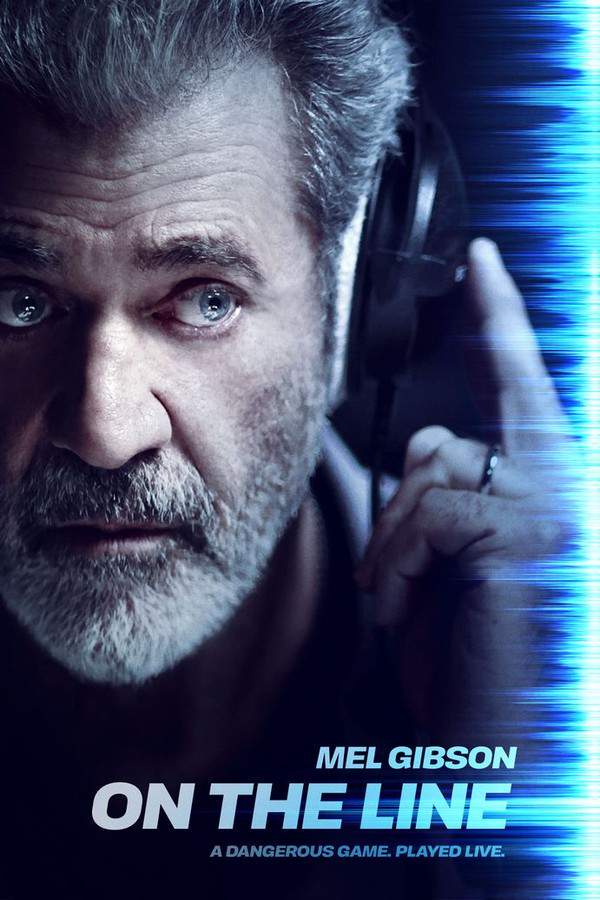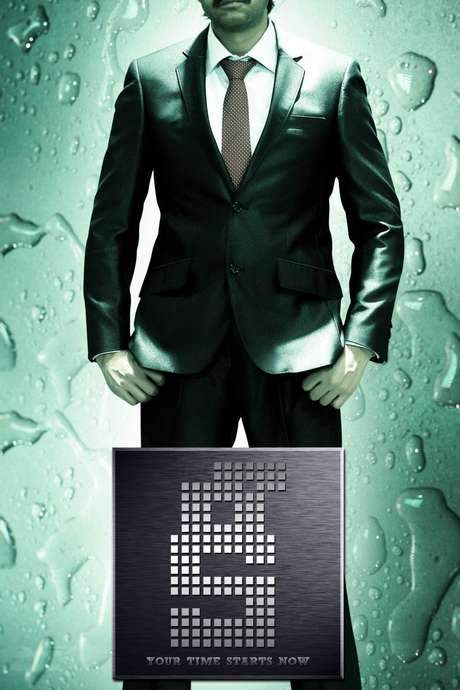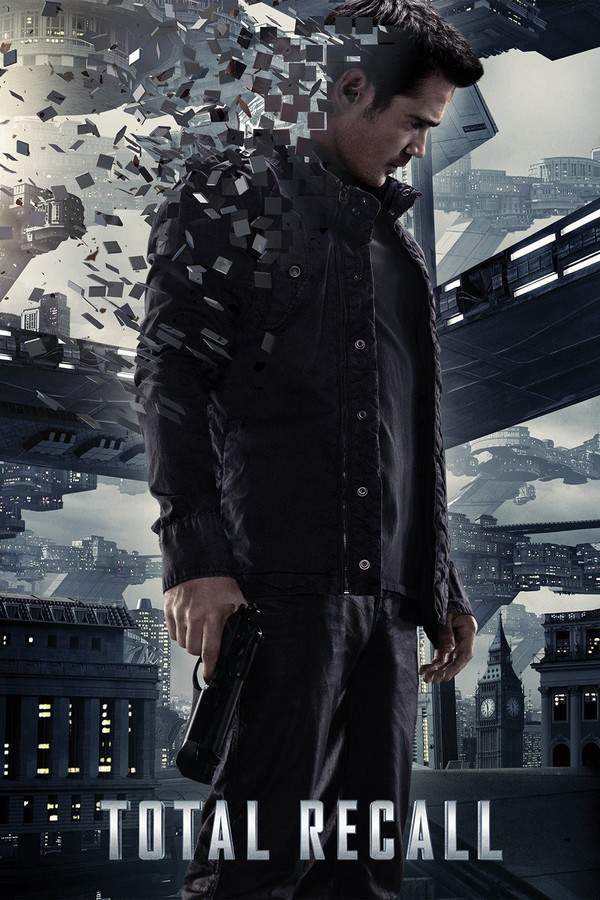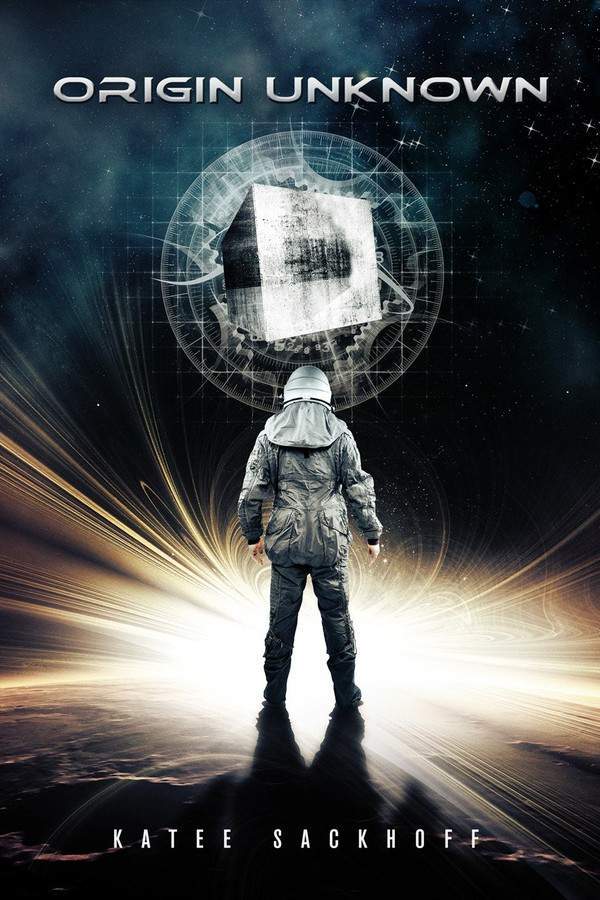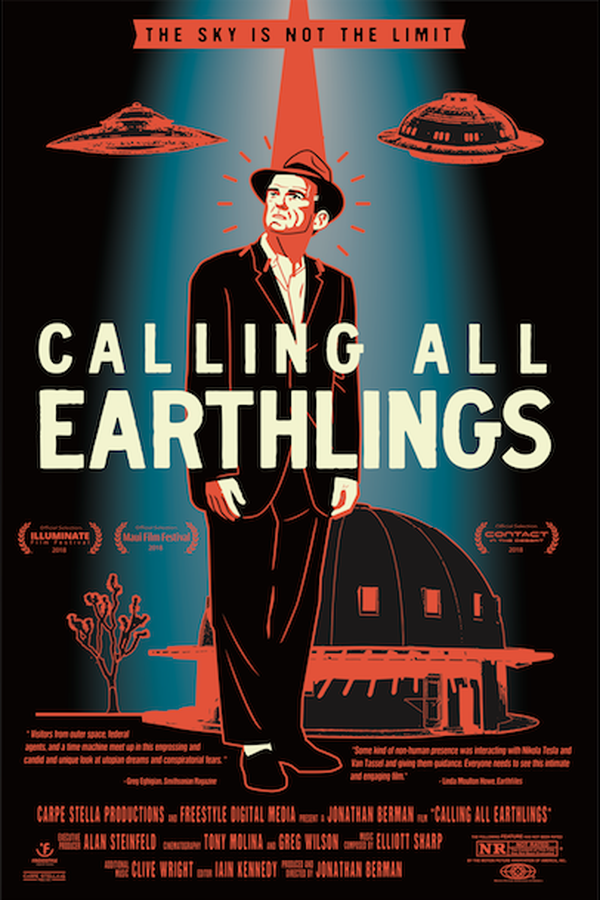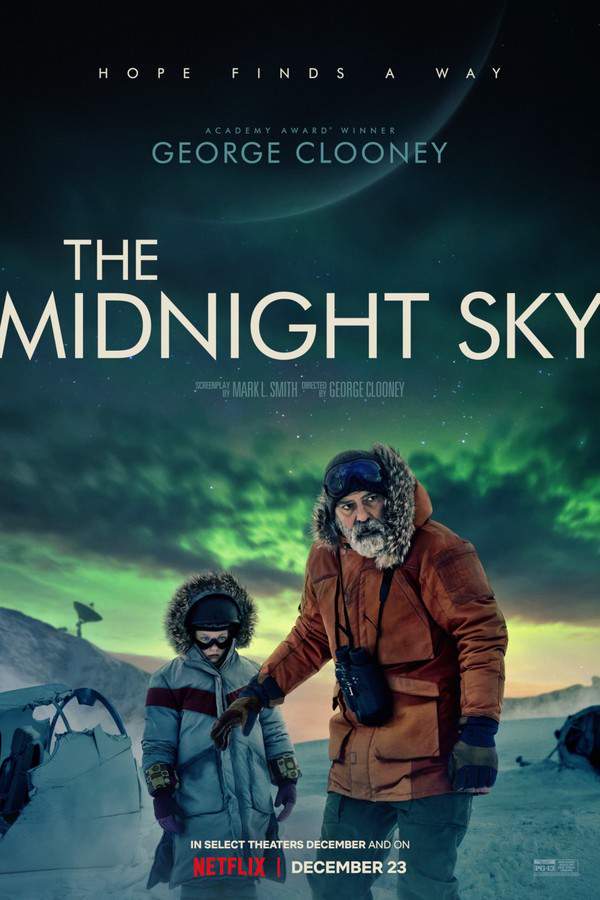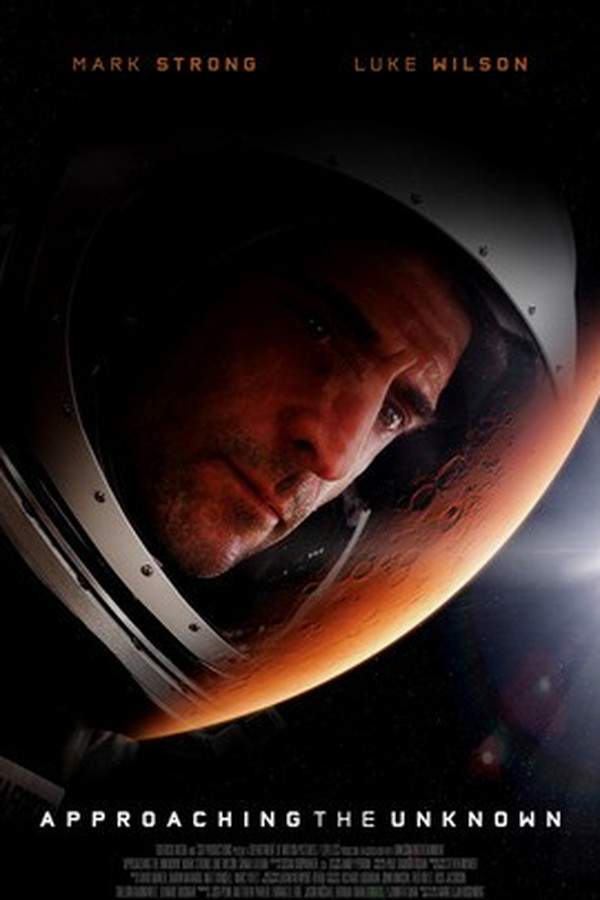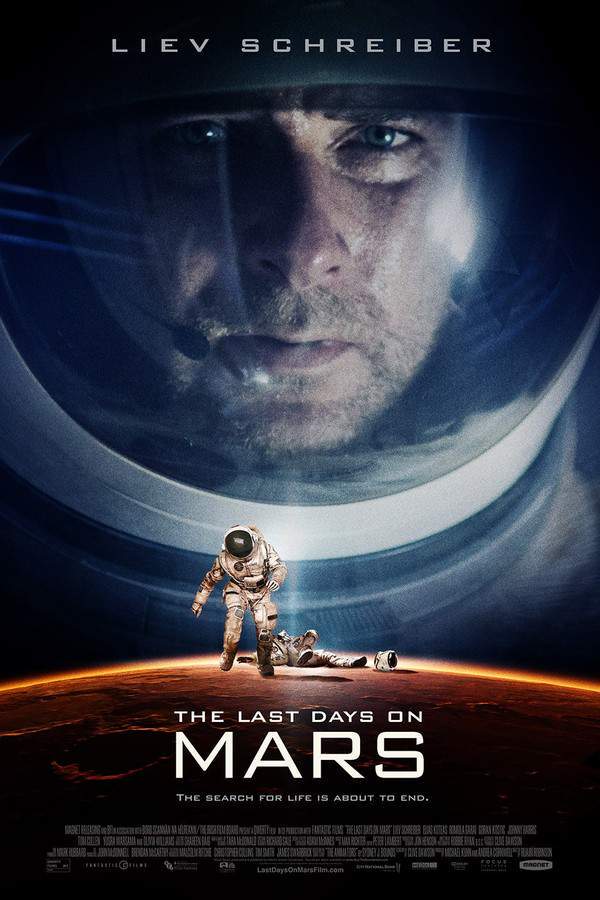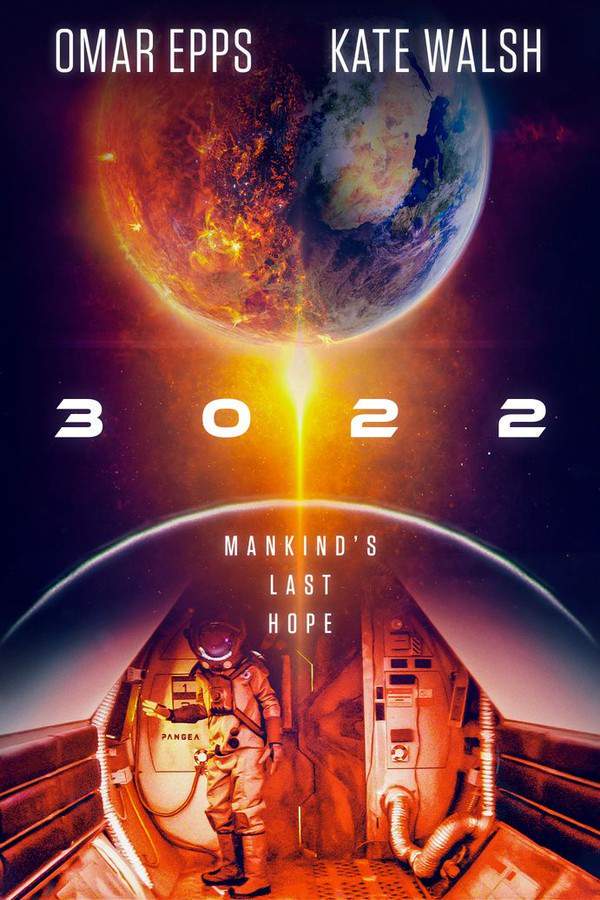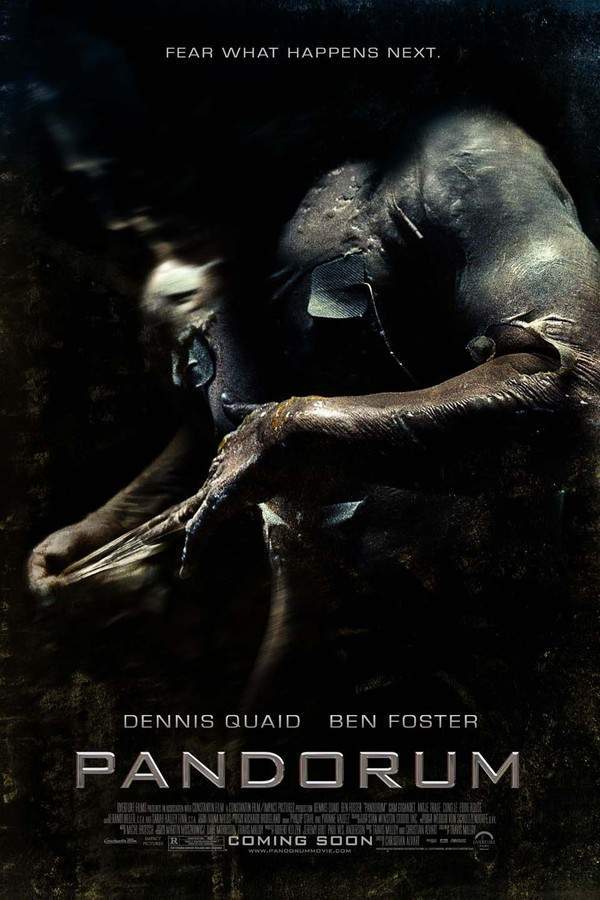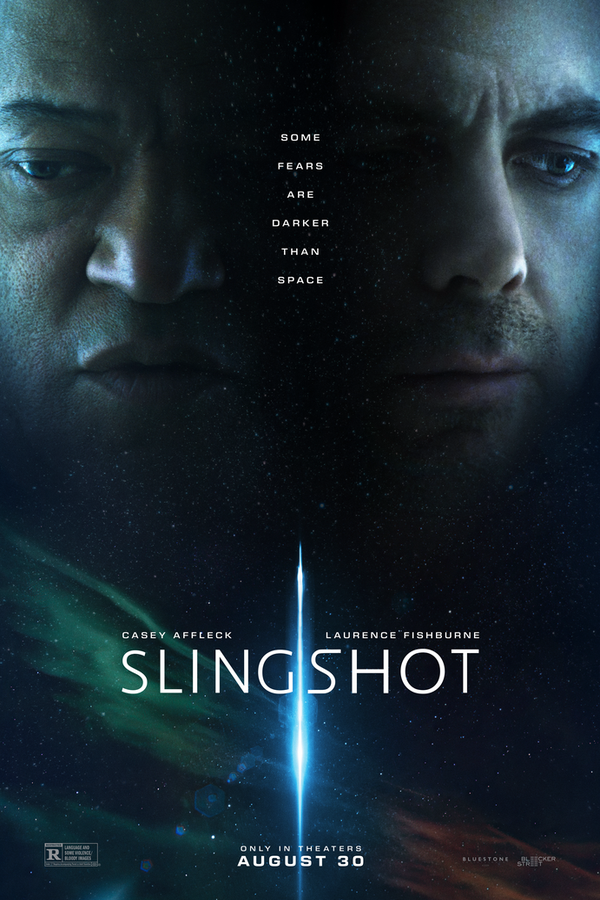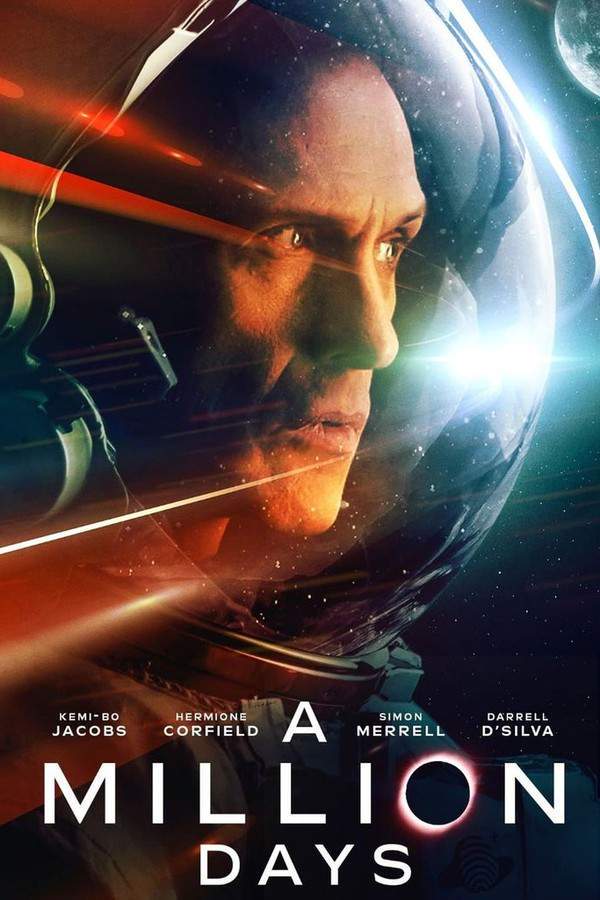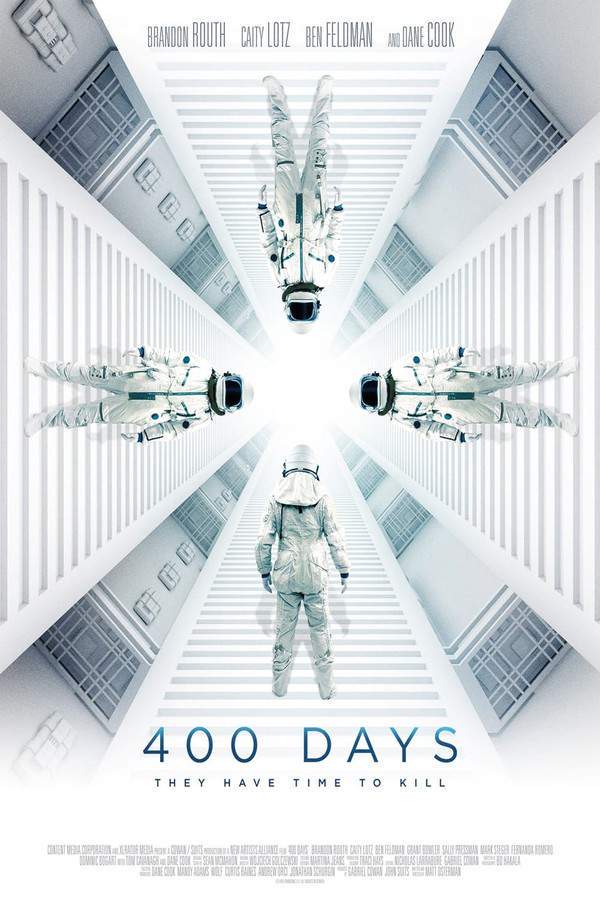
400 Days
Year: 2016
Runtime: 91 min
Language: English
Director: Matt Osterman
A team of four astronauts undertakes a rigorous, year-long simulation preparing them for a journey to a distant planet. As the isolation deepens and contact with Earth diminishes, the psychological pressure mounts, threatening their mental stability. When communication abruptly ceases, the crew begins to doubt the mission’s true purpose, suspecting a hidden agenda and questioning the nature of their reality.
Warning: spoilers below!
Haven’t seen 400 Days yet? This summary contains major spoilers. Bookmark the page, watch the movie, and come back for the full breakdown. If you're ready, scroll on and relive the story!
400 Days (2016) – Full Plot Summary & Ending Explained
Read the complete plot breakdown of 400 Days (2016), including all key story events, major twists, and the ending explained in detail. Discover what really happened—and what it all means.
Four astronauts—Captain Theo Cooper, Dr. Emily McTier, Bug Kieslowski, and Cole Dvorak—embark on an ambitious journey to undergo a 400-day-long simulation on Earth designed to analyze the long-term effects of space travel. As they spend their time in isolation underground, the crew faces increasingly severe psychological challenges, including paranoia and hallucinations. As tension grows, each member begins to retreat into their own space, both physically and mentally.
One fateful day, a disheveled man unexpectedly appears in their simulated spacecraft, breaking through the boundaries of their isolation. After his sudden departure, the astronauts make the bold decision to exit their underground haven and explore the outside world, only to discover a landscape that has drastically changed. They find the Earth to be enveloped in darkness, with howling winds and an eerie sense of desolation as dust clouds shroud everything in an oppressive gloom.
Venturing forth, they stumble upon a town called “Tranquillity,” which surprisingly boasts inhabitants and electricity. A local man named Zell invites the weary travelers into his diner, where he explains that the moon was hit by a colossal object that unleashed a massive dust cloud, now blocking out sunlight and drastically altering their environment. Despite this alarming revelation, Dvorak remains skeptical, convinced that they are still caught in the simulation, and chooses to venture off to a nearby bar, a decision soon followed by his comrades.
After indulging in a few drinks, Dvorak leaves with a young woman, opting to disregard the safety of his crew. The remaining trio returns to the diner, where Zell extends an invitation for them to rest the night. Bug, taking the first watch, soon finds himself lost in hallucinations, believing he is following his son, Sam, yet unwittingly challenges Zell in the process. When McTier and Cooper awake, they are alarmed to discover that their friends have vanished. When they question Zell about the missing crew members, he curiously claims that they arrived alone, raising suspicion and alarm in McTier and Cooper.
Fearful for their well-being, the duo sets out to find their comrades but is unable to locate them. After a frantic search, they return to their ship, only to realize that they are being trailed by Zell and two other sinister men. A tense confrontation ensues, culminating in Cooper and McTier successfully neutralizing the threats. In a twist of fate, the moment Zell takes his last breath coincides with the conclusion of the 400-day simulation, which the astronauts receive notification has ended successfully.
As the entrance hatch opens, they are greeted by a blinding light, prompting Cooper and McTier to grasp each other’s hands tightly, their hearts racing with anticipation of what lies ahead. The film closes on this moment of uncertainty, leaving audiences on the edge of their seats, wondering about the fate that awaits them beyond the simulation’s end.
Last Updated: May 12, 2025 at 07:04
Ending Explained – What Happens at the End of 400 Days?
Still wondering what the ending of 400 Days (2016) really means? Here’s a spoiler-heavy breakdown of the final scene, major twists, and the deeper themes that shape the film’s conclusion.
At the end of 400 Days, the story leaves viewers uncertain about what was real and what was simulation. The crew’s entire experience—marked by hallucinations, secrets, and mysterious occurrences—could have been either a realistic trial or a carefully constructed illusion. When they step outside into a seemingly post-apocalyptic world and meet Zell, it raises questions about whether the catastrophe aboveground truly happened, or if it was part of the simulation. The movie deliberately keeps these truths ambiguous, emphasizing that some mysteries in life are beyond understanding. This open-ended conclusion invites the audience to interpret whether their ordeal was a tragic real event or a complex psychological test.
As for the mission’s purpose, the film offers no definitive answer. Its stated goal sounds simple—exploring space and human resilience—but the crew’s flawed characters cast doubt on whether they were truly qualified or if the mission’s purpose was something hidden and more sinister. Characters like Theo, who shows irresponsibility, and others with secrets or mental strain, imply that the real reason for the mission might have been concealed from them all along. This adds to the overarching theme of distrust, where no one can be fully relied upon, not even among the crew or scientists overseeing them.
Director Matt Osterman has acknowledged that he prefers to leave the ending open to interpretation. He hints that the true emotional core is about the relationship between Theo and Emily, which he describes as a focal point of the story—highlighting that sometimes, what matters most in a confusing narrative is human connection rather than certainty. Ultimately, the ending challenges viewers to accept uncertainty and reflect on how humanity’s obsession with knowledge can sometimes lead to moral and ethical pitfalls. In the end, 400 Days reminds us that some questions about truth and trust may remain forever out of reach, and that’s perhaps the most profound message of all.
Last Updated: June 25, 2025 at 09:00
Explore Movie Threads
Discover curated groups of movies connected by mood, themes, and story style. Browse collections built around emotion, atmosphere, and narrative focus to easily find films that match what you feel like watching right now.
Movies about isolated crews like 400 Days
Small groups trapped in confined spaces descend into suspicion and madness.If you liked the intense paranoia and psychological strain in 400 Days, explore these other movies about small groups struggling to survive and maintain sanity in extreme isolation. This thread features similar stories of confinement and deteriorating mental states.
Narrative Summary
These narratives often begin with a team in a controlled environment—a spaceship, an arctic base, a bunker. As isolation deepens and communication with the outside world fails, small incidents escalate, trust evaporates, and characters begin to question each other's motives and their own perception of reality.
Why These Movies?
These films are grouped by their focus on internal psychological conflict over external action. They share a tense, claustrophobic mood, a steady pacing that builds dread, and a central theme of reality versus illusion within a confined group dynamic.
Movies with ambiguous reality like 400 Days
Stories where characters can't trust if their world is real or an elaborate construct.Fans of the uncertain reality and mind-bending premise in 400 Days will enjoy these other films exploring simulation theory and ambiguous truths. Find more movies like 400 Days where nothing is quite as it seems.
Narrative Summary
The core journey in these movies is the protagonist's struggle to discern truth from deception. Clues are ambiguous, authority figures are untrustworthy, and the environment itself might be a fabrication. The plot often builds towards a revelation—or further ambiguity—about the true state of the world.
Why These Movies?
They are connected by a shared narrative device: the central ambiguity of the setting. This creates a specific kind of intellectual tension and suspense, focusing on mystery and existential doubt rather than straightforward conflict. The endings are often intentionally ambiguous.
Unlock the Full Story of 400 Days
Don't stop at just watching — explore 400 Days in full detail. From the complete plot summary and scene-by-scene timeline to character breakdowns, thematic analysis, and a deep dive into the ending — every page helps you truly understand what 400 Days is all about. Plus, discover what's next after the movie.
400 Days Timeline
Track the full timeline of 400 Days with every major event arranged chronologically. Perfect for decoding non-linear storytelling, flashbacks, or parallel narratives with a clear scene-by-scene breakdown.

Characters, Settings & Themes in 400 Days
Discover the characters, locations, and core themes that shape 400 Days. Get insights into symbolic elements, setting significance, and deeper narrative meaning — ideal for thematic analysis and movie breakdowns.

400 Days Ending Explained
What really happened at the end of 400 Days? This detailed ending explained page breaks down final scenes, hidden clues, and alternate interpretations with expert analysis and viewer theories.

400 Days Spoiler-Free Summary
Get a quick, spoiler-free overview of 400 Days that covers the main plot points and key details without revealing any major twists or spoilers. Perfect for those who want to know what to expect before diving in.

More About 400 Days
Visit What's After the Movie to explore more about 400 Days: box office results, cast and crew info, production details, post-credit scenes, and external links — all in one place for movie fans and researchers.

Similar Movies to 400 Days
Discover movies like 400 Days that share similar genres, themes, and storytelling elements. Whether you’re drawn to the atmosphere, character arcs, or plot structure, these curated recommendations will help you explore more films you’ll love.
Explore More About Movie 400 Days
400 Days (2016) Scene-by-Scene Movie Timeline
400 Days (2016) Movie Characters, Themes & Settings
400 Days (2016) Ending Explained & Theories
400 Days (2016) Spoiler-Free Summary & Key Flow
Movies Like 400 Days – Similar Titles You’ll Enjoy
The Midnight Sky (2020) Ending Explained & Film Insights
Approaching the Unknown (2016) Story Summary & Characters
Project Ithaca (2019) Ending Explained & Film Insights
The Last Days on Mars (2013) Full Summary & Key Details
Sunshine (2007) Movie Recap & Themes
3022 (2019) Full Movie Breakdown
Event Horizon (1997) Detailed Story Recap
2036 Origin Unknown (2018) Plot Summary & Ending Explained
Pandorum (2009) Ending Explained & Film Insights
The Day (2012) Film Overview & Timeline
Slingshot (2024) Plot Summary & Ending Explained
A Million Days (2024) Detailed Story Recap
Simulation (2019) Full Movie Breakdown
Orbiter 9 (2017) Complete Plot Breakdown
The Silent Sea (1000) Detailed Story Recap





